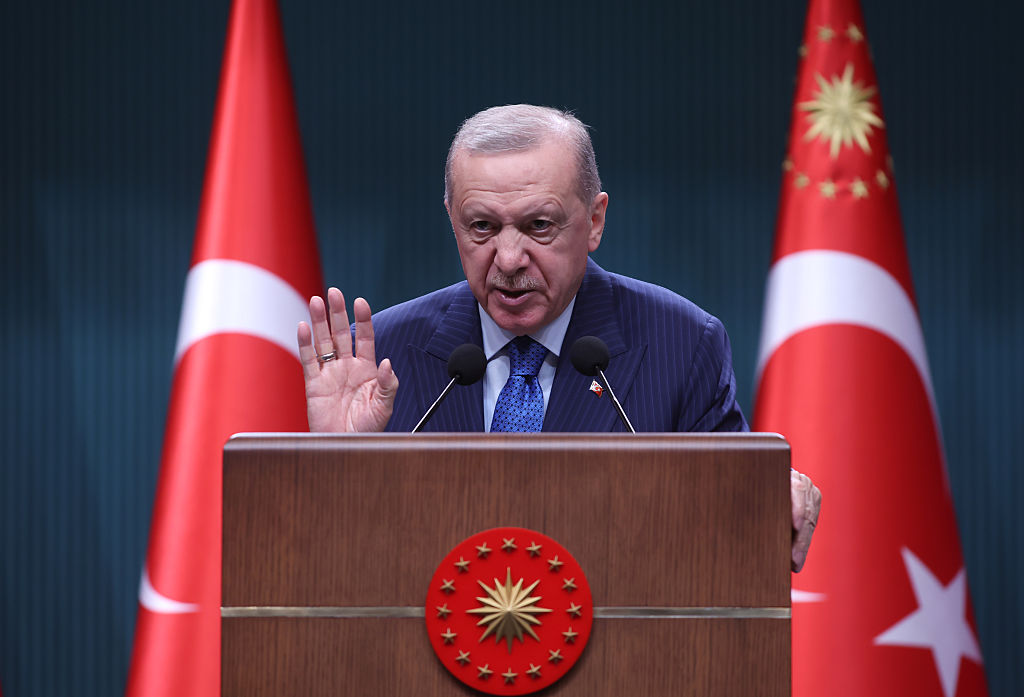Is Benjamin Netanyahu’s time up? Two weeks ago it seemed so. Netanyahu’s mandate for forming a coalition expired. The opportunity was handed instead to Yair Lapid, leader of Israel’s second largest political party Yesh Atid. Many dissatisfied Israelis started to hope: after four inconclusive elections, there was finally a chance to oust Netanyahu. But then hostilities broke out between Israel and Hamas, and reports of Netanyahu’s political death appear to be greatly exaggerated.
In the weeks before this latest Israeli-Palestinian conflict, there was talk that Israel’s new government would be made up of an eclectic coalition that would include parties on the left, right and center, as well as an Arab-Israeli party. Rather than relying on a common political ideology, the Israeli media described it as the ‘just not Bibi’ government.
A possible rotation agreement that would place Naftali Bennett, leader of the far-right New Right party, as prime minister for part of the term, followed by Lapid as PM during the second part, appeared to be a likely bet. Some in Netanyahu’s party, Likud, were even starting to talk about nominating a replacement leader.
Now, Hamas’s rockets appear to have ended that coalition before it was even formed.
Earlier this week, in an announcement that shook the political establishment, Bennett declared he will not form a coalition with the opposition parties. Without the New Right, Lapid won’t have the numbers needed to make a government. One reason behind this U-turn was substantial pressure from his MPs, supporters and activists not to collaborate with Arab and left-wing MPs because of ongoing rioting by Arab Israelis.
Suddenly, a new opportunity and a glimmer of hope presented themselves to Netanyahu if he could muster a parliamentary majority. Bennett, with the seven seats won by his party in the previous elections — compared with 30 seats won by Likud and 17 by Yesh Atid — has been playing a strategic game. He wants to position himself as leader of the Right and may not bow down to Netanyahu. Before making his dramatic announcement, Bennett did not negotiate with Likud, which could indicate he doesn’t want to tie himself to the party without guaranteeing very favorable terms for himself and his MPs. He is also unlikely to give up on the opportunity to serve as prime minister. Bibi is therefore at a disadvantage and will need to make concessions — something he is a master of, and which has allowed him to retain power for as long as he has.
Bibi is now waiting for Lapid’s mandate to expire. If negotiations with Bennett and other MPs fail, Netanyahu is exploring the more complicated, but not entirely improbable, option of pushing for a direct election system, where the prime minister is elected separately from the Knesset, in the hope that it will secure him victory. This has been used in the past to try to counter the inherent instability of the fragmented Israeli political system, but failed to produce the desired stability and was abandoned. If Bibi is successful, it will be a blow to those who had hopes for better leadership and a more stable political system, with leaders less preoccupied by personal legal problems and political survival and more focused on policy. What’s more, Arab Israelis may have to endure longer without representatives in the government, which isn’t going to help mend the deep rifts and mistrust raging in the country.
Bibi’s government had many failings, some of which culminated in recent events. These include the ‘cash for calm’ agreement that enabled Hamas to rebuild its military capabilities following the 2014 conflict. Empowering far-right politicians and organizations that were directly involved in the eruption of internal violence that is terrorizing civilians across the country is another. The recent tragedy in Meron, where 45 people were killed in a stampede — and another accident this week in a makeshift synagogue where two died and over 180 were injured — were arguably the result of a long-term institutionalized approach, backed by Netanyahu, that allowed ultra-orthodox communities to ignore safety regulations. Despite these concerns — and the fact that Bibi is standing trial for allegations of corruption that undermined democracy — Netanyahu is still hanging on.
Cynical observers say the timing and length of the current escalation in violence benefits Netanyahu. Whatever the outcome — whether it be a coalition or a fifth round of elections — many will agree that Bibi, the king of spin, the magician, the political mastermind, is the luckiest person in Israeli politics.
This article was originally published on The Spectator’s UK website.

























